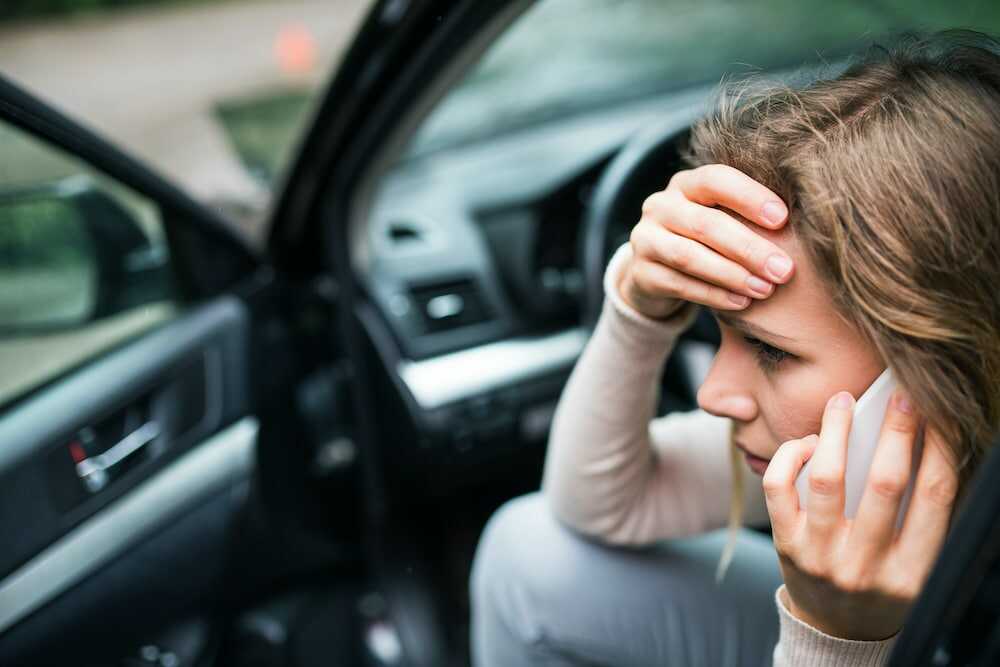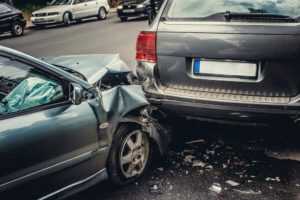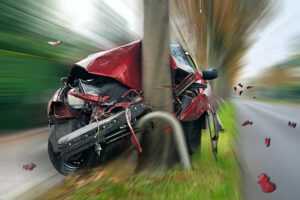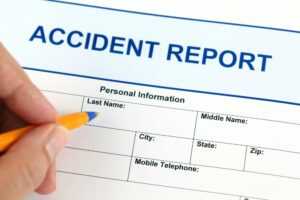
If you’re driving around California and are involved in a car accident, you have a lot on your “to-do” list. Click here for ideas about what to do immediately following the crash.
After you’ve safely moved from the accident scene and have sought medical attention, it is time to move on to the all-important tasks related to repairing your car. In California, you have lots of options for vehicle repair. Your insurance may be able to seek payment from the other driver’s insurance company, your own “under” or uninsured motorist policy or collision coverage (if applicable), or directly from the other driver.
While the auto body shop works on your vehicle, you may also qualify for a rental car, covered by the at-fault driver’s insurance policy. If this happens to you, make sure you demand a vehicle that is similar to yours. For example, don’t settle for a Smart Car equivalent if you drive an SUV.

In a perfect world, insurers would pay all of the above (and more) without argument. But since we live in the real world, we realize that even those drivers who initially readily accept responsibility often recant their position after the dust settles. Moreover, even if the other driver accepts blame without protesting, his or her insurance company may challenge the position to justify denying payment on the claim.
In California, where Moet Law Firm is located, our personal injury attorneys have been trained to prevent or meet this type of challenge and make sure you get the compensation you deserve. This includes payment to repair or replace the maximum value allowed for your vehicle if it is totaled.
When another driver causes an accident, that driver (and/or his insurance company) is responsible for paying to compensate the innocent party’s car repairs, rental car costs, medical bills, lost wages, lost earning capacity, damages for pain and suffering, and damages for wrongful death (if applicable).

Collision Coverage
In cases where the driver has optional collision coverage, the insurer pays for repairing or replacing the vehicle after an accident, regardless of who was at fault. In California, Collision coverage is not required. Nevertheless, many drivers purchase it – particularly in cases where their vehicle has a high intrinsic value. Collision coverage typically provides the quickest way to repair a car after an accident. In such a case, the insurer covers the upfront costs and then can seek reimbursement from the other driver (if that driver caused the accident).
Unfortunately, not everyone in California purchases collision coverage. Depending on the circumstances, drivers who do not carry this coverage have other options for seeking repairs. If the driver deemed “at fault” has auto liability insurance in California, the other driver can:
- Pay for the repairs.
- Seek reimbursement from the other party or insurance company;
- Wait until the case settles in full to repair the vehicle or
- Try to settle the property damage portion of the case with the other driver’s insurer while negotiating a settlement of other damages (such as medical bills).
If the at-fault driver is uninsured, the other driver has these options:
- Settle the claim directly with the at-fault driver;
- Sue the at-fault driver personally; or
- If the innocent driver has California uninsured or underinsured motorist insurance, he or she can seek payment from his or her own insurer.

Reporting Auto Accidents to Insurance Companies in California
Most auto insurance policies require drivers to immediately notify the insurer of an accident. Time frames differ. But some allow up to 30 days. Check your policy for details. Failure to comply with their guidelines may affect your right to recover damage. What’s more, your insurance company could even cancel your policy. In California, the Department of Motor Vehicles (DMV) requires drivers to report an accident within 10 days if the accident resulted in:
- Property damage of more than $1,000;
- Injury to any person (no matter how minor) or
- Death to any person
Failure to report an accident is punishable by up to one year in county jail and/or a fine of up to $10,000. The penalty increases if the accident involves serious injury or death. In some cases, however, reporting an accident may not make sense. For instance, if the driver hits a stationary object (such as a fence), the only damage occurs to the driver’s car.
Insurance Premium Increases
In California, where Moet Law Firm is located, Proposition 103 protects drivers. As a result, insurance companies cannot increase rates if the insured is deemed not to have been at fault for the accident. However, if you are deemed to be “at fault,” your future insurance premiums will likely increase.
How is “Fault” Determined?
Insurance companies rely on several factors to determine who to blame for a car collision:

- How many times have the insured made previous claims?
- How long has the same company insured the driver?
- What type of coverage does the insured have?
About Moet Law in Irvine and Ontario, California
To be safe, contact a reputable personal injury attorney following any car crash. We can help evaluate whether you may be eligible for compensation. Call MOET Law today at 1 (866) 424-0789.